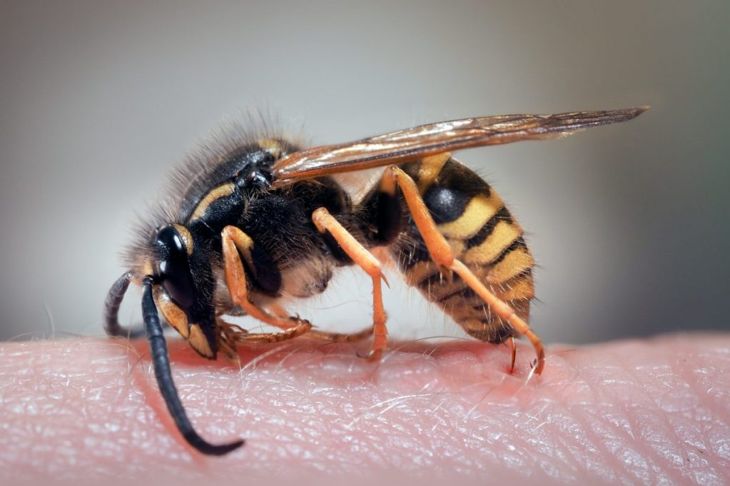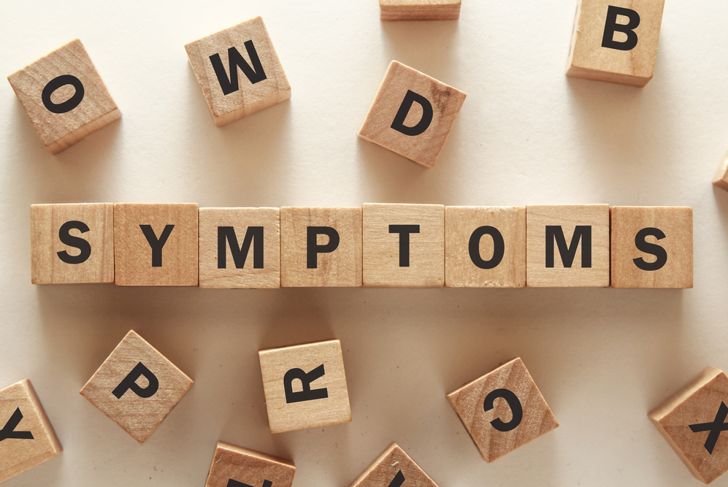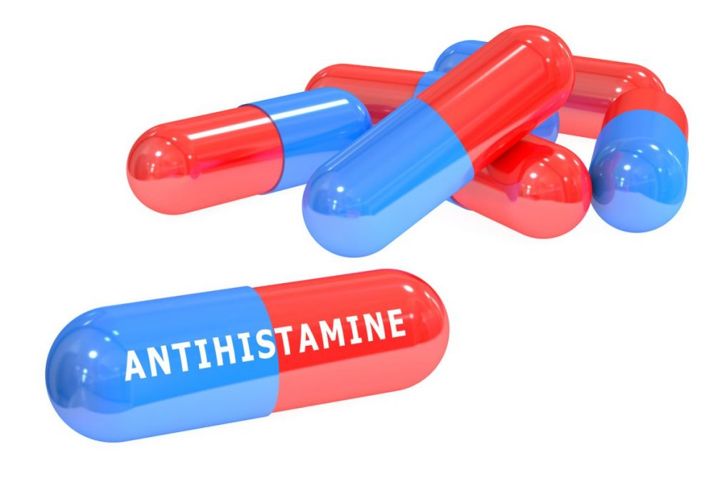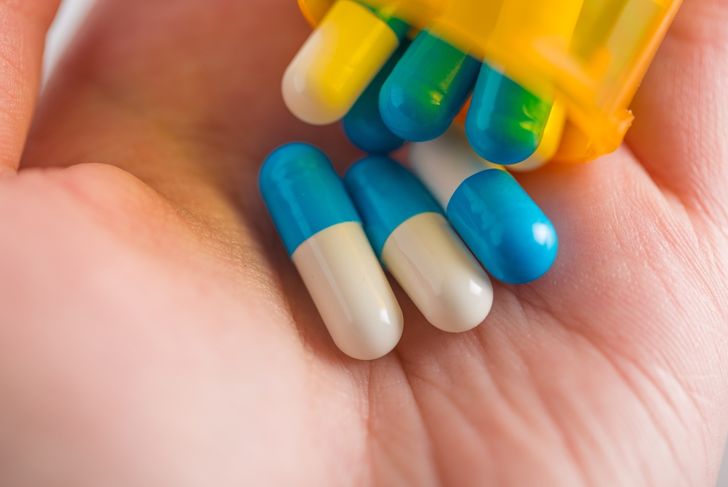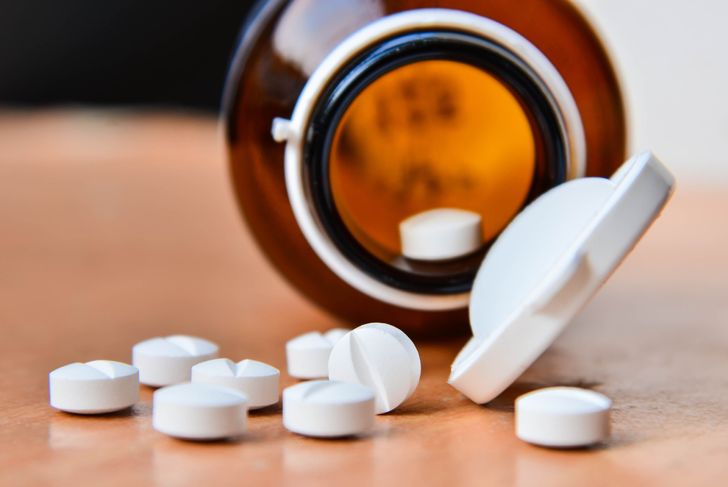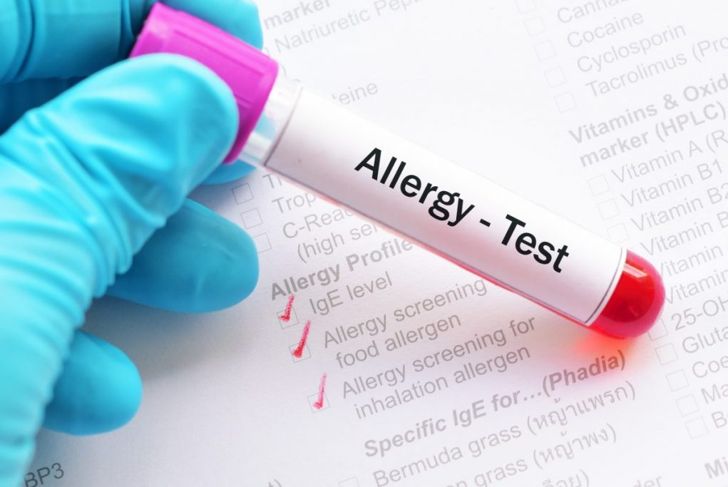Angioedema is closely related to hives but largely affects the deeper layers of the skin. Many people who experience angioedema find it affects the face, especially around the mouth. Usually an allergic reaction, angioedema may also be a hereditary condition. It is not uncommon for people to have angioedema at the same time as hives. Though often harmless, angioedema can be life-threatening. Various treatments of angioedema exist.
What Causes Angioedema?
While angioedema can be a hereditary condition, it may also be triggered by allergens. Allergies to insect bites or stings, contact with materials such as latex, medications, and food may trigger both angioedema and hives. In some cases, particularly among people with chronic urticaria (hives), the cause remains elusive. Allergists and dermatologists can help people treat angioedema.
What Are the Symptoms of Angioedema?
The symptoms of angioedema typically appear suddenly. The condition causes swelling and pain that can affect the face, hands, genitals, and trunk of the body. Many people with this condition experience intense itching and redness. Affected areas may feel warm to the touch, owing to inflammation. If the issue involves the lining of the throat or the breathing, it is essential to seek emergency treatment. In many cases, people can deal with angioedema at home, particularly if a treatment place is already in place due to a recurring issue.
Treatment: Anti-Itch Medications
Doctors often recommend antihistamines to people with angioedema. Some people may take prescription antihistamines while others can treat their symptoms with over-the-counter options. Antihistamines help treat angioedema and hives by reducing swelling, itching, and other allergy symptoms that could accompany the condition.
Treatment: Anti-Inflammatory Medication
People with severe cases of angioedema should speak to a doctor, who may refer the individual to a specialist and can prescribe medication in the meantime to reduce the swelling and inflammation. Anti-inflammatory drugs can quickly reduce symptoms. Many doctors will only prescribe these medications for severe flare-ups, as they may produce side effects.
Treatment: Immune System Suppression Drugs
In some cases, anti-inflammatories and antihistamines do not result in much improvement. Since hives and angioedema are immune system responses, a treatment that suppresses the immune system is an option for a stubborn case. A healthcare provider will prescribe immune system suppression medication that calms this system and provides relief.
Treatment: Pain Relievers
Many people who experience hives do not report any pain with the condition. However, angioedema affects the deeper layers of the skin, causing pain in addition to inflammation and swelling. People who experience a great deal of pain may be prescribed analgesic medication, and usually, nothing stronger than OTC pain relievers are necessary.
Treatment: Blood Protein Controllers
Blood protein controllers can treat hereditary angioedema. In such cases, the doctor is likely to prescribe various medications that regulate certain blood proteins, which should relieve signs and symptoms. Of course, a specialist must diagnose hereditary angioedema before prescribing this treatment.
Emergency Treatment of Angioedema
If angioedema or hives affect the throat and airways, a trip to the emergency room is essential. In emergency situations, people will often receive an adrenaline injection to reduce these life-threatening symptoms. Following an episode like this, affected people might need to start carrying an epi-pen for immediate administration of the medication should it happen again.
Angioedema Home Remedies
Depending on the severity of the angioedema, some home remedies may treat the condition or supplement the current medical treatment. Taking a cool bath sprinkled with uncooked oatmeal or baking soda can relieve affected skin. Cool compresses may also ease swelling and discomfort. Wearing loose-fitting cotton clothing during flare-ups will help prevent further skin irritation.
Preventing Angioedema
It may be possible to prevent angioedema if the person knows his or her triggers and successfully avoids them. Tracking foods or substances that could cause flare-ups can help people identify the cause and take subsequent steps to remove it. Doctors may recommend allergy testing, though this does not always indicate the problem. If nothing else, a doctor can help a person with angioedema learn how to best manage and reduce symptoms.

 Home
Home Health
Health Diet & Nutrition
Diet & Nutrition Living Well
Living Well More
More